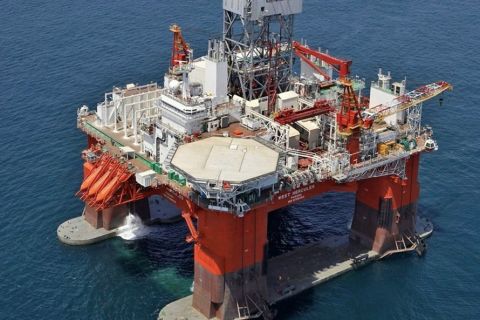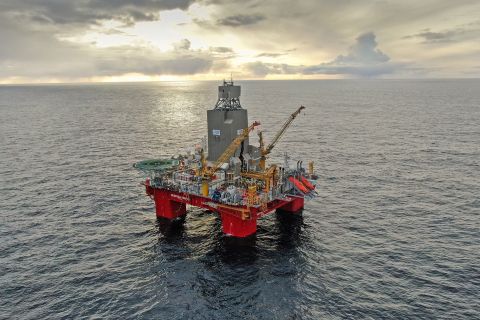
Following several years of negotiations, Camber Energy and its majority-owned subsidiary Viking Energy Group have finally inked an agreement to merge. (Source: Shutterstock)
After working to consummate a deal for several years, Camber Energy and Viking Energy Group have finally reached a new agreement to fully combine.
Camber, a diversified energy player with non-operated oil and gas interests and other investments, has worked to combine with Viking, a commercial and industrial energy and power services provider, since at least 2020, having already owned a majority stake.
Under an amended merger agreement dated April 18, a subsidiary of Camber will merge with and into Viking, with Viking surviving as a wholly owned subsidiary of Camber.
Camber will remain the sole publicly traded company following the combination, according to the agreement between the two Houston-based firms.
Should the deal go through as amended, Viking shareholders would receive one share of Camber common stock in exchange for each share of Viking common stock, the companies said in an April 19 statement.
Camber has plans to file a preliminary registration statement for the proposed deal with the U.S. Securities and Exchange Commission as the next step in the merger process.
Viking has a market capitalization of approximately $87 million, according to Yahoo Finance data; Camber has a market cap of about $33 million as of April 20.
Transaction timeline
The two companies had previously drafted a merger agreement dated Aug. 31, 2020. But those plans were terminated that December after Camber purchased a 51% stake in Viking for $10.9 million in cash and the cancelation of a $9.2 million loan.
Camber upped its stake in Viking in 2021, purchasing an additional 27.5 million Viking shares for $11 million.
As of the end of 2022, Camber owned approximately 60.9% of Viking’s outstanding common shares, according to regulatory filings.
Camber and Viking reached another merger agreement in February 2021. But the combination was delayed not due to lack of interest or desire, but because the companies needed to resolve or improve certain items, said James Doris, president and CEO of both Camber and Viking, in a March statement.
On March 20, Camber announced it had addressed legacy accounting issues that allowed the company to resume negotiations on the merger.
“We are pleased to have the unanimous support from the members of the board of directors of each company to take these next steps, and believe combining Camber's national stock exchange platform with Viking's diversified portfolio of innovative technologies and other important energy-related initiatives will be a significant benefit to all stakeholders and allow the organization to more efficiently execute its growth strategy,” Doris said at the time.
Doris will serve as president and CEO of the combined company following the merger, per the new agreement.
The companies did not provide an estimated closing date.
Other M&A
Aside from its deal with Viking, Camber has pursued other M&A in recent months.
Camber purchased interests in oil and gas assets from private operators for $69 million late last year. The assets are expected to generate $55 million in annual gross revenue, the company said.
The transaction included working interests in about 169 producing wells averaging around 2,000 net bbl/d of oil, as well as non-producing wells and proved, undeveloped locations.
In January, Camber agreed to acquire a 100% interest in companies developing a renewable diesel processing plant. Once online, the project will have an estimated capacity of around 43 million gallons of renewable diesel annually.
RELATED
Camber Energy to Acquire Private Companies’ Oil Wells for $69 Million
Recommended Reading
E&P Highlights: March 11, 2024
2024-03-11 - Here’s a roundup of the latest E&P headlines, including a new bid round offshore Bangladesh and new contract awards.
Orange Basin Serves Up More Light Oil
2024-03-15 - Galp’s Mopane-2X exploration well offshore Namibia found a significant column of hydrocarbons, and the operator is assessing commerciality of the discovery.
Sinopec Brings West Sichuan Gas Field Onstream
2024-03-14 - The 100 Bcm sour gas onshore field, West Sichuan Gas Field, is expected to produce 2 Bcm per year.
E&P Highlights: Jan. 29, 2024
2024-01-29 - Here’s a roundup of the latest E&P headlines, including activity at the Ichthys Field offshore Australia and new contract awards.
Vår Energi Hits Oil with Ringhorne North
2024-04-17 - Vår Energi’s North Sea discovery de-risks drilling prospects in the area and could be tied back to Balder area infrastructure.





